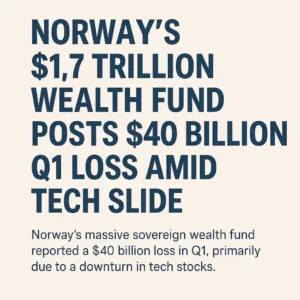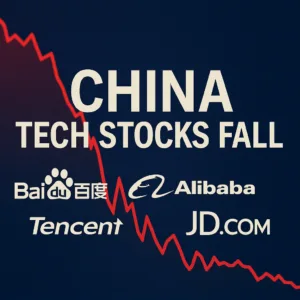A Chinese research team has unveiled Manus, a next-generation AI agent designed to go beyond traditional AI models. According to Shanghai Securities News, Manus achieved a state-of-the-art (SOTA) score in the GAIA benchmark test, surpassing OpenAI’s models at the same level.
Manus AI, developed by Manus AI and founded by Xiao Hong, is claimed to be the world’s first universal AI agent. It aims to transform ideas into actions, handling tasks from simple queries to complex projects autonomously. Xiao, a rising AI star, named it after the Latin word “Manus” (hand), reflecting the synergy of mind and action. Currently in limited internal testing, access requires an invitation code. Amid speculation reaching 50,000, Manus clarified that no promotions were launched and urged rational participation.
What Makes Manus Unique?
Unlike standard AI models that focus only on generating ideas, Manus is built as a powerful AI assistant that can both think and act. It can execute tasks to solve real-world problems, making it more practical and efficient.
A demonstration video showed Manus completing tasks autonomously, such as writing reports and creating tables, while delivering highly customized results.
A Highly Adaptive Digital Brain
One of Manus’ standout features is its advanced digital brain, which allows it to:
Understand complex instructions
Learn independently
Collaborate across multiple domains
With these capabilities, Manus represents a major leap in AI technology, promising greater adaptability and problem-solving skills compared to previous models.
Alibaba’s Stock Soars After Unveiling New AI Model
Alibaba’s stock in Hong Kong jumped 7% to HK$140 on Thursday, leading a rally in Chinese tech stocks. This rise helped push the Hang Seng Index up by over 1%. The surge came after Alibaba introduced a new open-source AI model designed to compete with DeepSeek.
Alibaba’s AI division, Qwen, has launched its latest AI model, QwQ-32B, as an open-source project. The company claims that this model performs as well as DeepSeek R1 but needs much less data to function.
The QwQ-32B model was first introduced in late 2024 as a rival to OpenAI’s reasoning AI, but it didn’t gain much attention at the time. However, as DeepSeek R1 became popular earlier this year, QwQ-32B has now stepped into the spotlight.
With China’s AI competition heating up, Alibaba is positioning itself as a leading player. Early tests suggest that QwQ-32B can match or even outperform DeepSeek in reasoning skills. This puts Alibaba at the center of China’s AI development, strengthening its influence in the growing AI industry.
China Plans New Guidelines to Boost Open-Source RISC-V Chips
China is planning to introduce new guidelines to promote the use of open-source RISC-V chips, according to a Reuters report on March 4, 2025. This move is part of Beijing’s strategy to reduce dependence on Western semiconductor technology, especially as tensions with the United States over chip exports continue to rise.
RISC-V is an open-source chip architecture, allowing companies to use, modify, and develop it without paying high licensing fees. Unlike x86 chips (used by Intel and AMD) or Arm chips (from Arm Holdings), RISC-V offers a cheaper and more customizable alternative for devices like smartphones, artificial intelligence systems, and supercomputers.
The new guidelines are being developed by eight Chinese government agencies, including the Cyberspace Administration of China and the Ministry of Industry and Information Technology. While the exact release date is uncertain, reports suggest the plan could be launched as early as March 2025.
Bringing you the latest updates on finance, economies, stocks, bonds, and more. Stay informed with timely insights.


















[…] few weeks ago, Manus AI made waves on social media after unveiling what it calls the world’s first general AI agent. […]